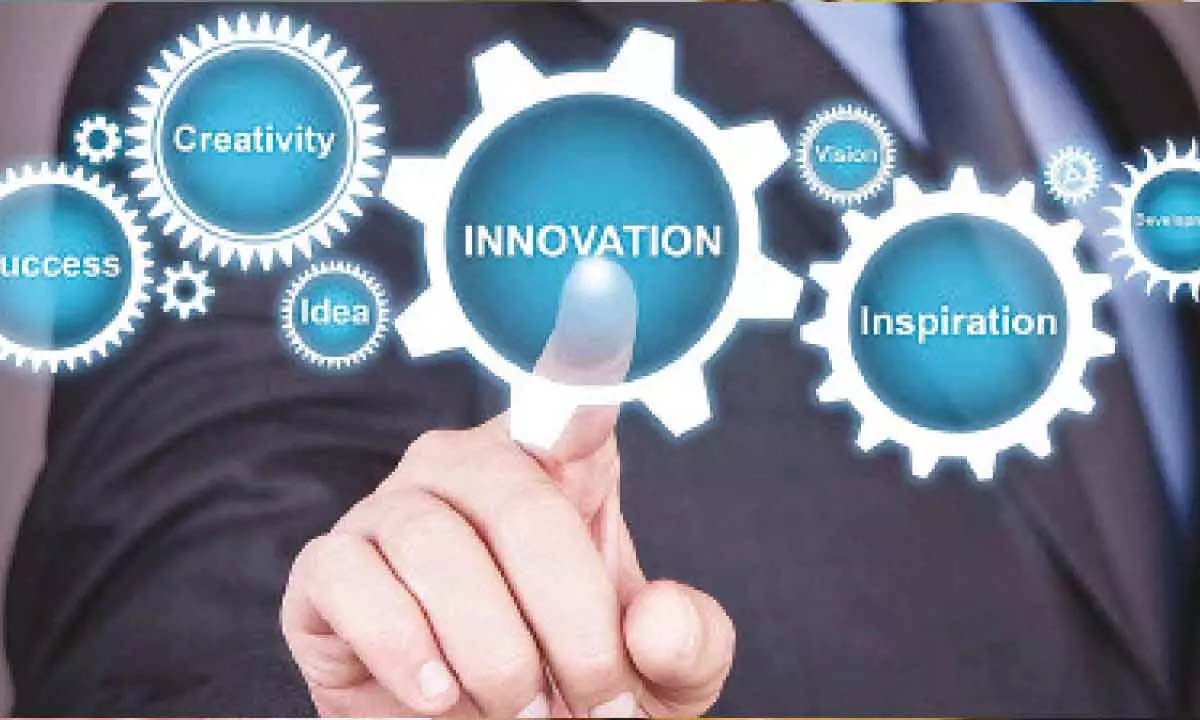Tech : EdTech integration in special education has ushered in a new era of personalized, interactive, and immersive learning. Technology is changing educational norms, from personalized adaptive learning to AR/VR-based exploration. As educators adopt these innovations, each child’s learning journey becomes a personalized path to success, emphasizing inclusivity and efficiency in the changing landscape of special education In the ever-changing world of education, technology acts as a powerful force for change, redefining the essence of learning. Education is moving towards a world where there are no limits to creativity as educational technology or EdTech has been incorporated. As new technological trends like immersive learning, gamification, and artificial intelligence (AI) are emerging, educators are emerging amidst the disruptive wave. As a result, it is important to understand that edtech – particularly the introduction of adaptive learning – is not only transforming education but also serving as a model for innovation in special education, ensuring that each child’s educational path is designed for success.
Here’s a look at how education technology is changing the norms of innovation in special education. Edtech harnesses the potential of data-driven tools for tailored instruction in the field of special education. Teachers can tailor instruction to each student’s unique needs by regularly monitoring their skills, interests, and needs. Students can control their learning and progress at their own pace, thanks to adaptive learning technologies. Furthermore, powerful algorithms monitor student development and change programs accordingly. This personalized method promotes understanding and memory retention, allowing each child to advance in their learning journey with unprecedented flexibility and speed.
Laptops, iPads, tablets, and digital whiteboards are examples of interactive teaching aids that have been introduced into classrooms using modern educational technology. These breakthroughs have created a wave of change in education. These tools are becoming more widely used, transforming the educational landscape. They not only help students learn in an enjoyable and engaging way, but they also lay the foundation for the future of education. As a result of the integration of technology, educational institutions now give students a vast digital library, allowing them to research and gain a deeper understanding of a wide range of topics. Becoming increasingly important in the education sector, as they have long done, are augmented reality (AR) and virtual reality (VR). These immersive learning options include first-hand accounts of historical events, virtual field trips, and cultural education, especially for special education students. Consider the joy of exploring many fields right from the classroom – a unique experience for young people with special learning needs. The immersive nature of these online efforts has the potential to make education not only informative, but also enjoyable for all students.
Virtual Reality and Augmented Reality are two great technologies that EdTech integrates with gamification components to provide engaging learning experiences, especially for children with special needs. Gamified learning environments combine engaging mechanics, rewards, and objectives to engage learners and make learning enjoyable. VR and AR immersive simulations and visualizations enable exceptional students to master complex ideas using hands-on and interactive methods. These cutting-edge tools increase student engagement in the classroom by adding excitement to each student’s educational path. EdTech integration in special education has ushered in a new era of personalized, interactive, and immersive learning. Technology is changing educational norms from personalized adaptive learning to AR/VR-based exploration. As instructors adopt these innovations, each child’s learning journey becomes a personalized path to success, emphasizing inclusivity and efficiency in the changing landscape of special education.
